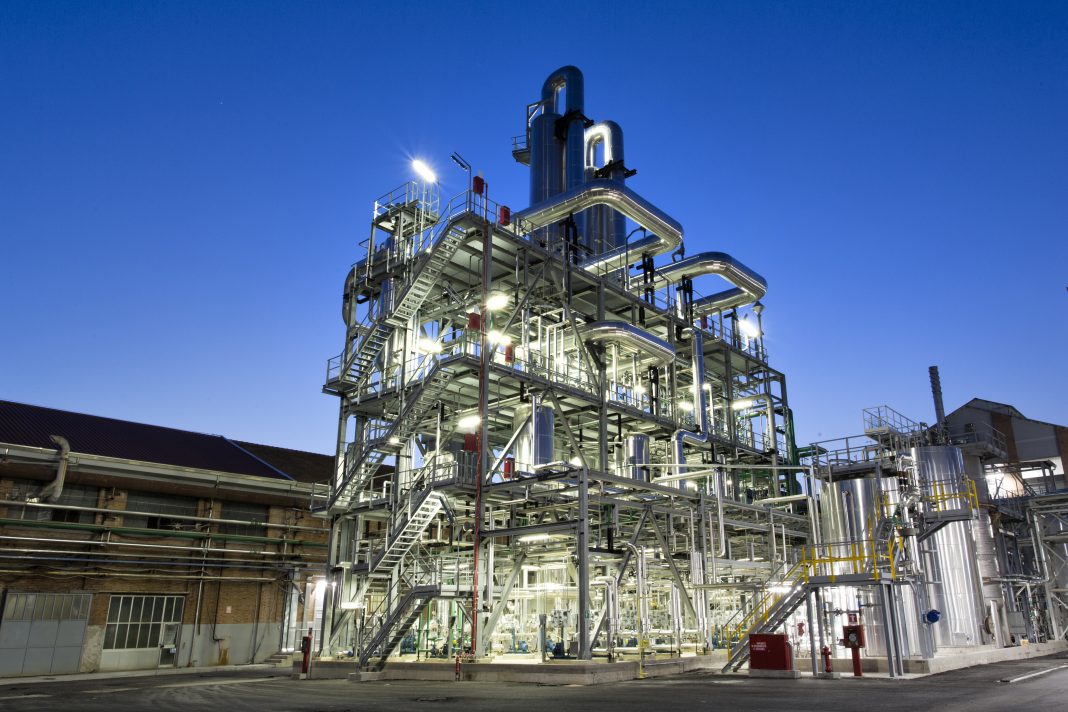Philippe Mengal, Executive Director at CBE JU ‐ Circular Bio‐based Europe Joint Undertaking, charts the priorities for a strategic research & innovation agenda for competitive bio-based industries in Europe
Becoming the world’s first climate-neutral continent by 2050 is a once-in-a-lifetime opportunity to modernise the EU’s economy and society, and re-orient them towards a just and sustainable future through bio-based industries in Europe. Research and innovation will play a central role in accelerating and navigating this transition; deploying, demonstrating and de-risking sustainable solutions; and engaging citizens in social innovation.
Within the EU’s long-term budget, the framework programme for research and innovation, Horizon Europe, is called upon to play a very strong role in supporting the EU’s sustainable growth. A key tool in implementing this ambitious research agenda is that of European Partnerships, which have successfully proven their ability to significantly contribute to achieving the EU’s political priorities.
The Circular Bio-based Europe Joint Undertaking (CBE JU) is one such European Partnership, which brings the private (Bio-based Industries Consortium – BIC) and public (European Union, represented by the European Commission – EC) partners together in pursuit of advancing competitive circular bio-based industries in Europe. By producing renewable bio-based products and materials from waste and biomass in an innovative, sustainable and circular way, these industries can contribute significantly to the climate neutrality target by 2050 while creating jobs and economic growth in regions across Europe.
This €2 billion Public-Private Partnership will build on the success of its predecessor, the Bio-based Industries Joint Undertaking (BBI JU) – which has demonstrated the added value of a competitive circular bio-based economy in Europe and has contributed to reducing the fragmentation of the sector.
Established on 30th November 2021, the new partnership will fund projects which support the shift from non-renewable fossil resources with waste and sustainably sourced biomass to produce industrial and consumer goods in a more sustainable and circular way.
Strategic Research and Innovation Agenda (SRIA)
A pivotal aspect of European Partnerships is the setting of strategic research and innovation priorities required to achieve their general objectives. As with any public- private partnership, it is essential to align the “public” and “private” interests, goals and commitments to ensure the realisation of the different perspectives.
The founding partners of CBE JU, EC and BIC, have drafted a Strategic Research and Innovation Agenda (SRIA) in collaboration with the CBE JU Programme Office and in consultation with the partnership’s advisory bodies. The document describes the targeted impact of the partnership, foreseen portfolio of activities and measurable expected outcomes. It is adopted by the CBE JU Governing Board. This is an important novelty to stress, as the SRIA of CBE JU now becomes a legally binding strategic priority document for the new partnership.
CBE JU priorities going forward
The SRIA will operationalise the objectives of CBE JU as agreed by the partners, who see the partnership as a platform for coordinating a broad scope of activities by all stakeholders of the European bio-based industries.
The agreed strategic priorities will deliver tangible and increasingly ambitious environmental, social and economic benefits by 2031. Such strategic priorities include ensuring the availability and quality of sustainable bio-based feedstock; development of innovative production systems in the bio-based industry and innovative bio-based products; as well as stimulating research activities in countries and regions with underdeveloped R&I capacity for bio-based systems.
“Becoming the world’s first climate-neutral continent by 2050 is a once-in-a-lifetime opportunity to modernise the EU’s economy and society, and re-orient them towards a just and sustainable future. Research and innovation will play a central role in accelerating and navigating this transition; deploying, demonstrating and de-risking sustainable solutions; and engaging citizens in social innovation.”
Furthermore, it will also aim to scale up production and market uptake of innovative bio-based solutions; improve the investment risk profile of bio-based projects; as well as setting effective and robust environmental sustainability and circularity criteria for bio-based systems; and facilitate social acceptance of bio-based applications.
CBE JU will implement these strategic priorities via competitive calls for project proposals. The partnership will fund projects focused on research and innovation, as well as coordination and support. Among them, Flagships will deploy the first-of-its-kind innovation in the European market.
Transparent checks & balances
The Scientific Committee and the states’ representatives group (SRG) are the two advisory bodies of CBE JU whose role is to provide advice on the strategic priorities to be addressed in the CBE JU’s annual work programmes in line with the SRIA and Horizon Europe strategic planning. The advisory bodies will help highlight the scientific achievements of the programme, suggest corrective measures for the programme implementation when necessary, and provide independent scientific and strategic advice on specific issues at the request of the Governing Board.
The Scientific Committee plays a key role in ensuring that the CBE JU programme is implemented successfully and confirms that the key strategic and programming documents include all relevant scientific and multidisciplinary considerations, incorporates breakthrough-promising technologies and contributes to positive societal impacts, while ensuring a sustainable and efficient management of natural renewable resources.
Members of the Scientific Committee and states’ representatives group also act as CBE JU ambassadors, helping to increase the visibility of the programme and to reach out to key bioeconomy actors across, and beyond, the EU.
Since their establishment, the CBE JU Scientific Committee, comprising of 15 members of which 47% are women, and the states’ representatives group, composed of 31 members and 29 alternates from 27 countries, have already undertaken an active role in providing feedback on the draft SRIA and its strategic priorities, as well as the work programme implementing the SRIA, prior to the opening of the partnership’s first call for project proposals.











